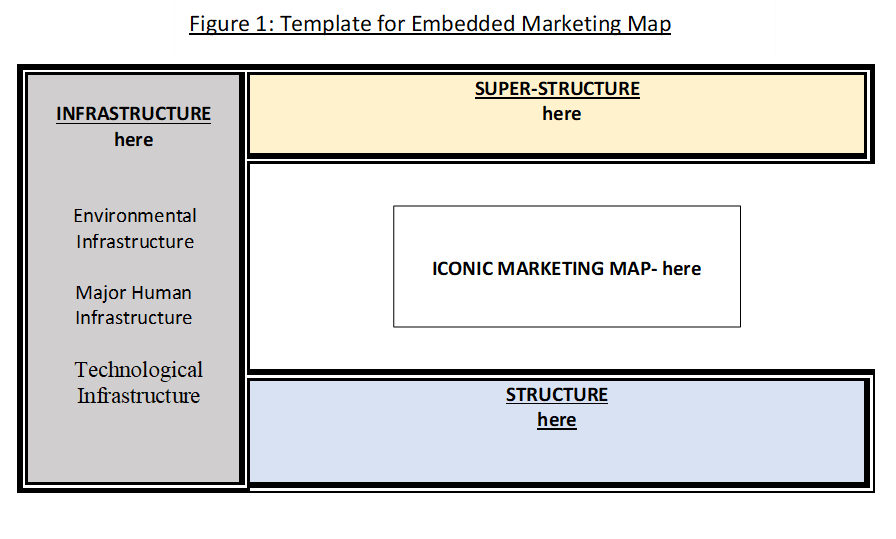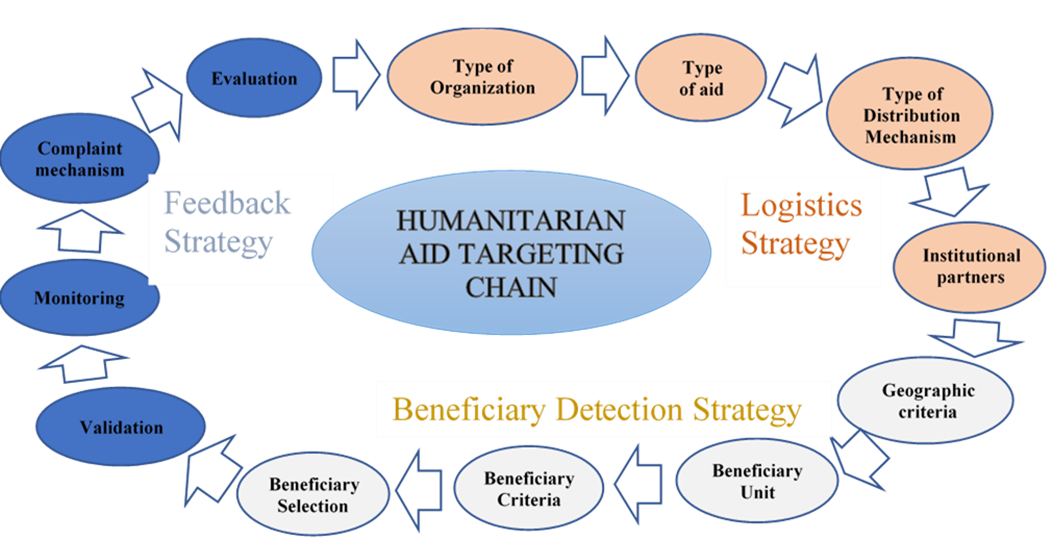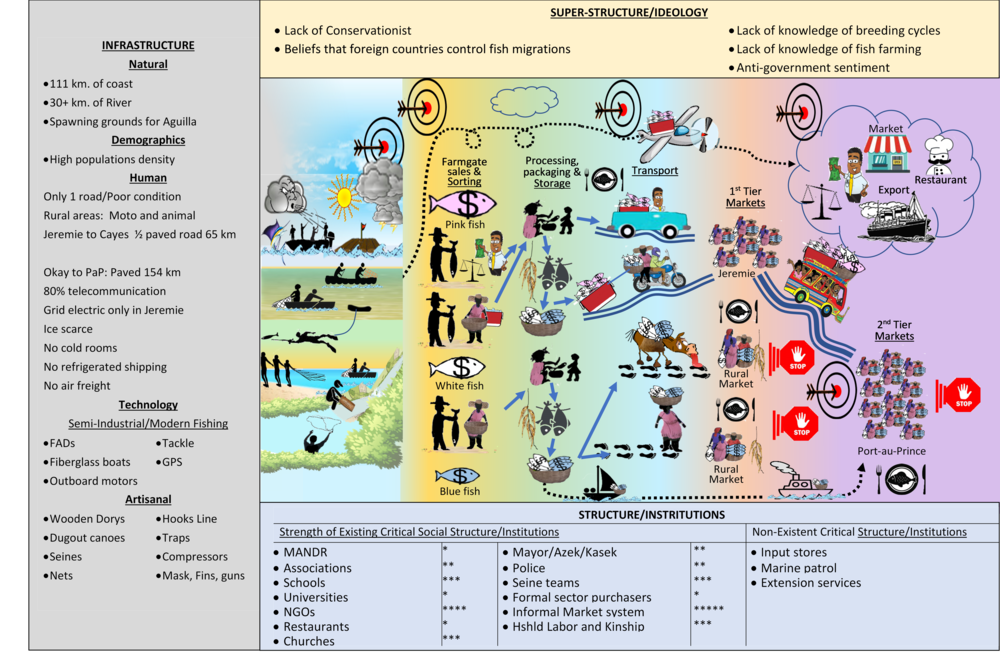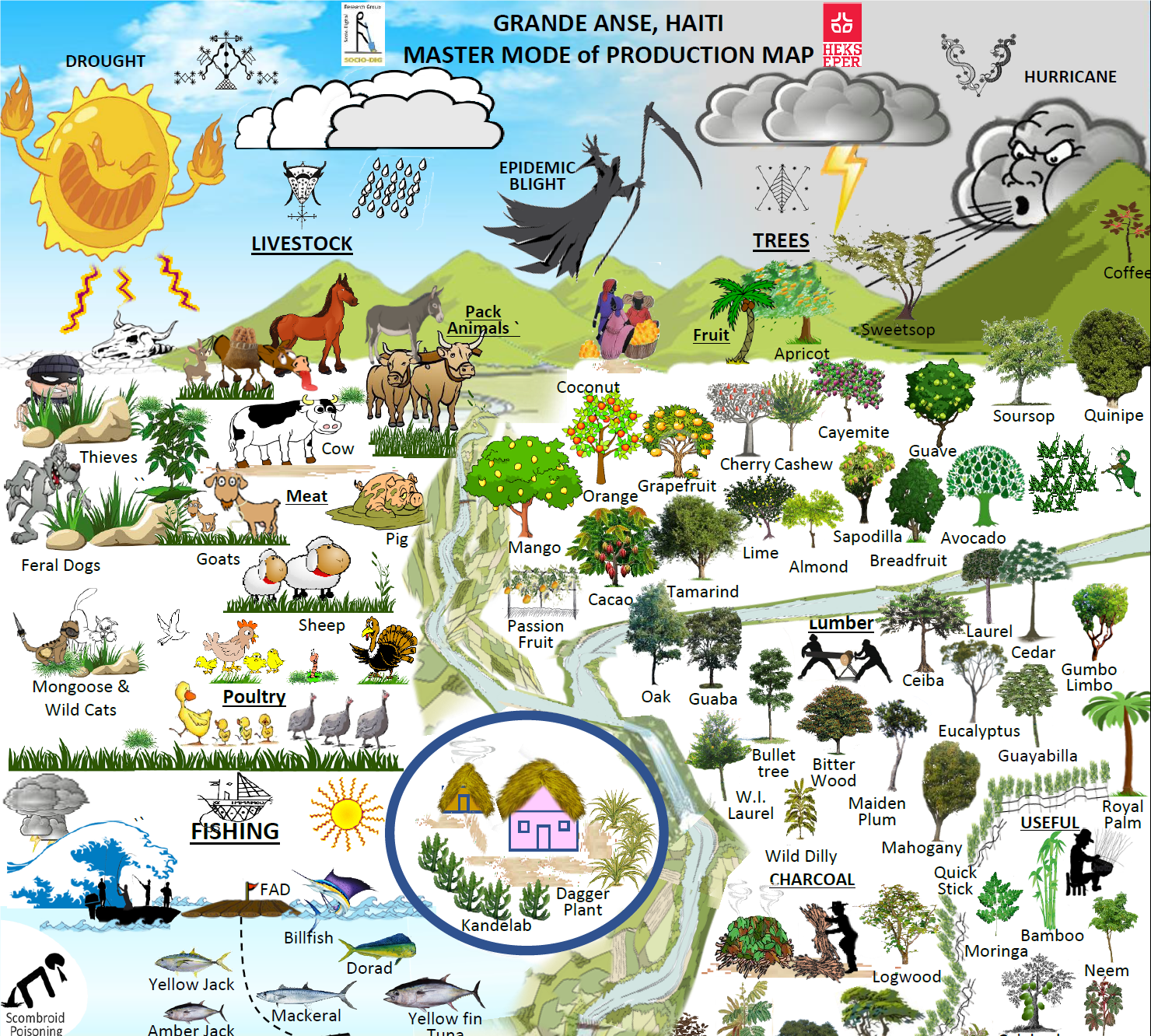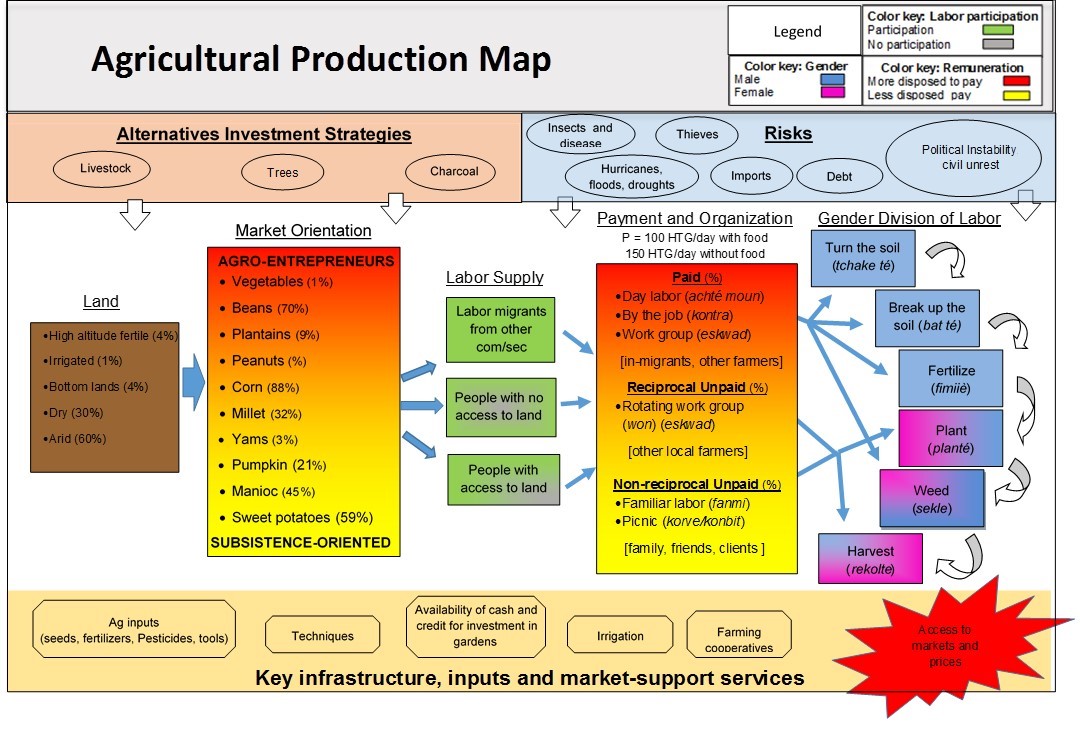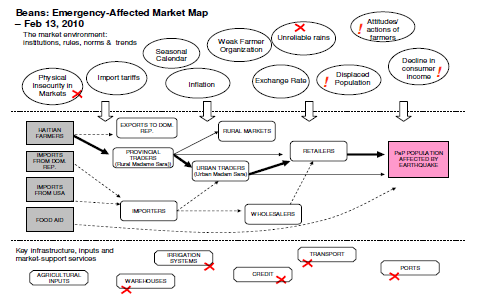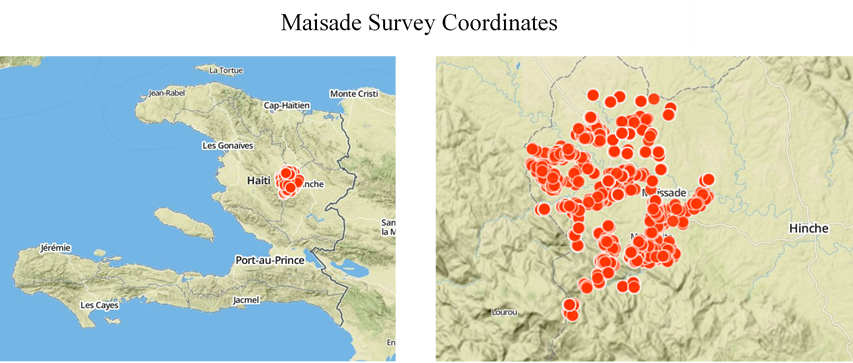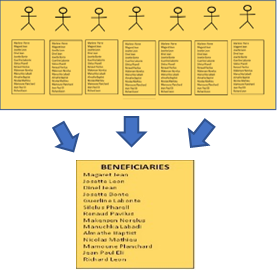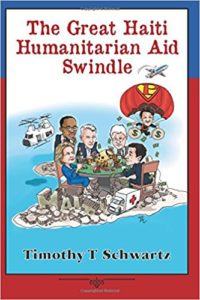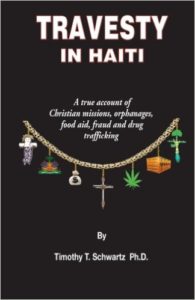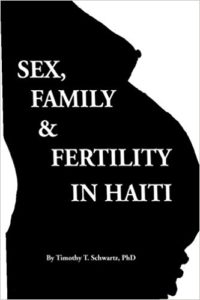Haiti Anthropology Brief: Magic of Cultural Consensus Analysis
This Anthropology Brief is a short explanation of Cultural Consensus Theory, which provides the basis for a strategy we developed and call Notab Leadership and Key Informant Network Strategy (NOLKINS). Cultural Consensus Theory yields formal mathematical models that allow researchers in underdeveloped areas to employ information gathering techniques far superior to surveys in terms of a)Read More
Value Chain Mapping Strategy Summary Guide
A value chain can include a limitless number of links to examine and follow and is sometimes confusing for researchers. Thus, drawing on the Cultural Materialist Research Strategy (see Harris 1979) we developed the following technique to rapidly summarize, explain and make recommendations for value chain research and presentation.
A Model for Humanitarian Aid Beneficiary Targeting
Targeting strategies are as old as humanitarian aid, but the formal study of targeting is recent, arguably only beginning in the past decade. To date, much of what is written is unclear. This paper is intended to present a synthesized model of humanitarian aid targeting that will clarify the many ambiguities and differences inRead More
The Joining of Science, Art and Aid: Visual Ethnography and MEVMS (Multidimensional Ethnographic Value-Chain Mapping Strategy)
A picture is indeed worth a thousand words. What is the MEVM Strategy? MEVMS (Multi-Dimensional Ethnographic Value-Chain Mapping Strategy) is an intuitive, user-friendly research and presentation strategy for creatively documenting, organizing, understanding, and explaining Value Chain networks for a product or service that generates critical income to an economically insecure population. Data on a valueRead More
Resiklaj Digital (Digital Recycling) and a MOP (Mode of Production) Map for Rural Haiti
The imaga above–and the fuller version below–is an example of what we are calling “resiklaj dijital.” The idea first occurred to me when I was working with an organization called Ethical Fashion Initiative. Like the artisan genre from which we got the name (resiklaj), resiklaj digital involves, salvaging, cutting, and collating any medium we canRead More
Methods: EMMA Maps for Post Earthquake Agricultural Labor in Jacmel (Red Cross 2010)
Originally published in February 2012 on Open Salon Here I share two EMMA (Emergency Marketing Map Analyses). The reason I am putting them here is because they don’t exist anywhere else. My employers for the job for which they were produced didn’t appreciate them. Apparently they didn’t approve of the use of color gradients andRead More
Methods: A Brief Critique of a Very Useful Technique: the EMMA
A Brief Critique of a Very Useful Technique: the EMMA (Emergency Market Map Analysis) An Emergency Market Map Analysis (EMMA) is a decision making strategy that early responders use in the wake of disasters such as earthquakes and hurricanes. First developed by Lili Mohiddin and Mike Albu (2008) for Oxfam, the EMMA strategy involves gathering dataRead More
Logo Icon Comparison Marketing Technique in Haiti
I developed this marketing strategy in association with Socio-Dig. The challenge was that MFK (Meds and Foods for Kids) wanted to select a marketing logo to put on fortified snacks for Haitian children. They had two logos already selected and they wanted to make sure they were the right logos, meaning logos children would like.Read More
Test of Freq-Listing in Maissade, Haiti (based on freelisting)
Here is an example of a test of the freq-listing technique (based on freelisting) used as rural vulnerability targeting strategy, i.e. to identify most vulnerable households. The actual research was conducted by Socio-Dig, a Haiti-based research company. The surveys were conducted in May 2014 on behalf of CNSA (Coordination Nationale De La Sécurité Alimentaire), a para-statal HaitianRead More
Low Cost & Effective Alternative to the HDVI: Frequency Listing (WFP 2017)
The freelisting based Frequency Listing (“Freq Listing”) is a statistically robust methodology developed by Timothy Schwartz of Socio-Dig (Haiti) for identifying local leader-experts (notab) and ultimately humanitarian aid beneficiaries. It comes to us from anthropology and mathematical models for studying informal sector and non-literate cultures and rests on the premise of “Culture as Consensus.” TheRead More

